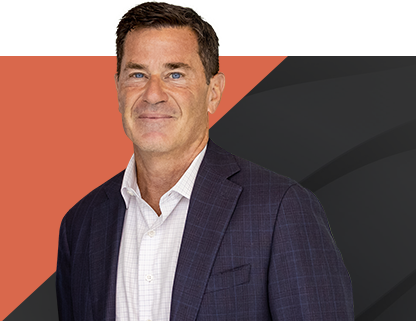As an athlete, you have probably experienced some injuries – or at least heard about common ones— like sprains, strains, and fractures. But, did you know that some sports injuries can also affect your hearing?
While it may not be the most obvious outcome of a physical injury, research shows that certain kinds of trauma can have a detrimental effect on our hearing abilities. In this blog post, we will explore the link between sports injuries and hearing loss to help you understand how to take better care of your ears while staying active.
Hearing Loss: Symptoms and Causes
Affecting millions of people worldwide, hearing loss is a common condition that can develop in people of all ages and have many causes. Aging is a major factor in hearing loss, as the ears naturally lose sensitivity over time. This occurs because, with age, changes in the inner ear and auditory nerves prevent the brain from receiving and processing auditory signals. As a result, older adults may find that they have trouble hearing high-pitched sounds or understanding conversation in noisy environments.
In addition to aging, exposure to loud noises can also cause hearing loss. According to the CDC, listening to noise above 70 dB (i.e.: the sound of a washing machine) over a prolonged period or being exposed to a sudden loud noise above 120 dB (i.e.: the sound produced by a motorcycle) can cause immediate harm to your ears.
Pro Tip: Learn More About Hearing Loss
With knowledge about hearing loss and its causes, you can take steps to prevent it. This is especially important if you participate in contact sports that put your hearing at risk or if you are a fan of spectator sports.
When looking for comprehensive and reliable information on hearing loss and its causes, resources such as Hearing Research’s website can help.
Can Sports Injuries Affect Your Hearing? Yes – And Here’s How!
If you’re an athlete participating in high-contact sports, repetitive trauma or blows to the head may increase your risk of developing hearing problems. Injuries to the head and neck can specifically damage the ear or auditory centers in the brain, resulting in permanent hearing loss.
Football players, as well as other athletes engaging in contact sports such as lacrosse and boxing, are particularly vulnerable since they suffer frequent injuries and concussions during their professional career, which may lead to damage to the inner ear or ear canal.
Partnering with a specialized coach can help you understand what specific injuries you are at risk of reporting during your athletic career.
Sports Injuries That Can Lead to Hearing Loss
There are various types of sports injuries that can cause hearing loss. Some common ones include head trauma, skull fracture, and eardrum rupture. These injuries can modify the structure of the ear, which can lead to internal blockages, and permanently damage the hair cells inside the ear canal, which play an important role in maintaining your hearing health.
If you are a boxer or engage in fighting sports, you should also take measures to prevent injuries such as cauliflower ear. According to studies, boxers who develop cauliflower ears have an increased risk of hearing loss due to repeated blows to the head.
It is also important to note that you don’t have to be an athlete to report hearing loss from a sports injury: fans are at risk too. Attending loud sporting events such as football or rugby matches can cause noise-induced hearing loss (NIHL). Spectator sports such as NASCAR racing and monster truck rallies can also be a source of exposure to loud noises. If you love these sports, it is strongly recommended to wear earplugs or other protective headphones if attending a match or race!
Preventing Sport Injuries
When it comes down to preventing sports injuries that can cause hearing loss, it is crucial to wear protective gear, such as helmets and earplugs. Make sure the equipment you use fits correctly and is in good condition, and report items that are malfunctioning.
You should also engage in proper training techniques. For example, learning the proper way to fall or maintaining an adequate form during a boxing match can help you reduce the risk of injuries. On the other hand, gradually building up endurance and strength to reduce the risk of injuries such as falls, which can also lead to concussions.
If you are unsure how to avoid injuries during your athletic career, your first move should be to partner with a specialized trainer. A professional can help you introduce the right measures to protect your hearing and meet your performance goals!
Safeguard Your Hearing by Partnering with an Audiologist
An audiologist should be your first port of call if you are looking to safeguard your hearing, prevent sports-related hearing injuries, and receive a proper diagnosis and treatment.
This is particularly important if you play contact sports or you are exposed to loud noises regularly. Take the first step towards protecting your hearing by booking an appointment with a specialized audiologist today.













